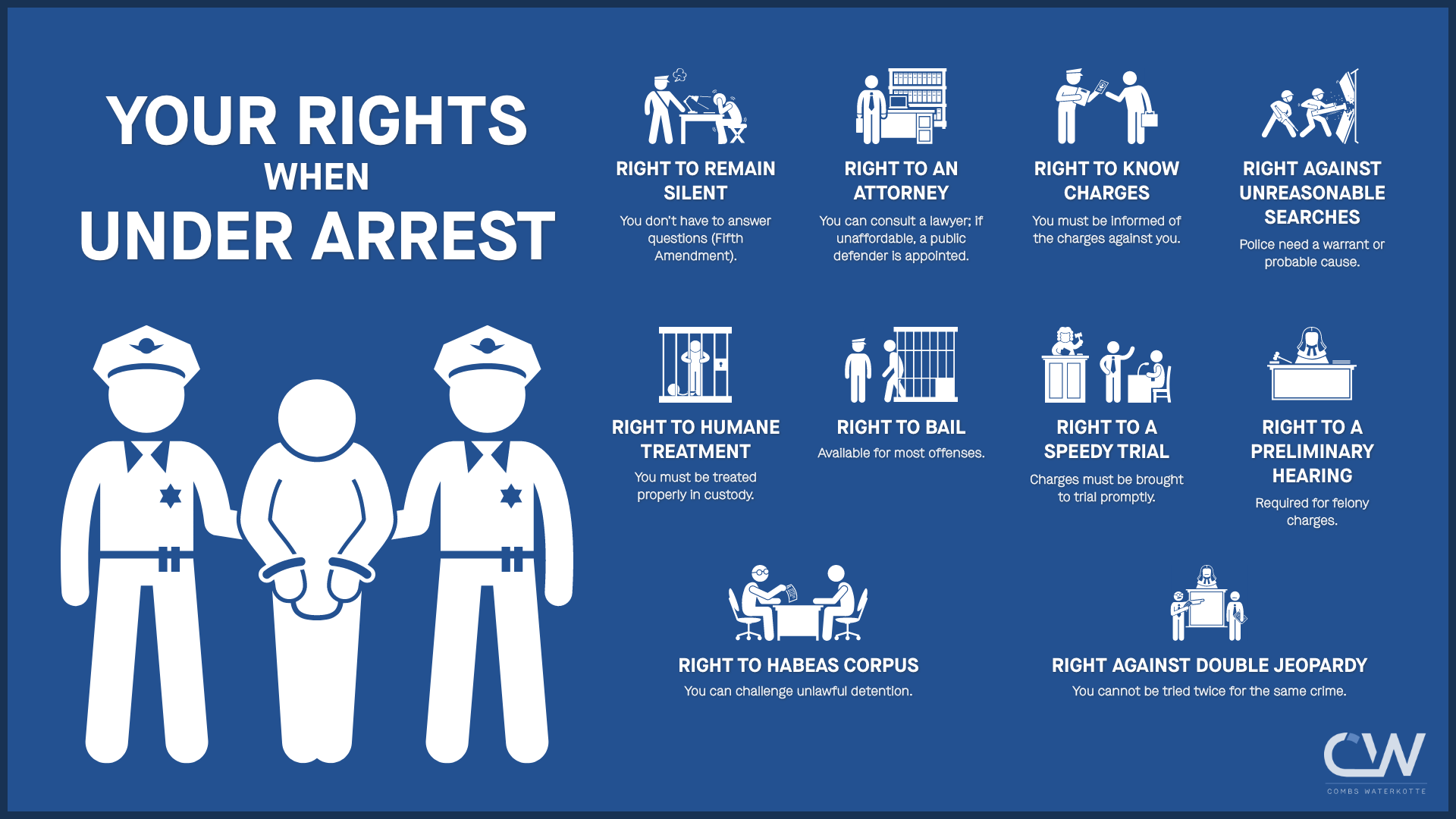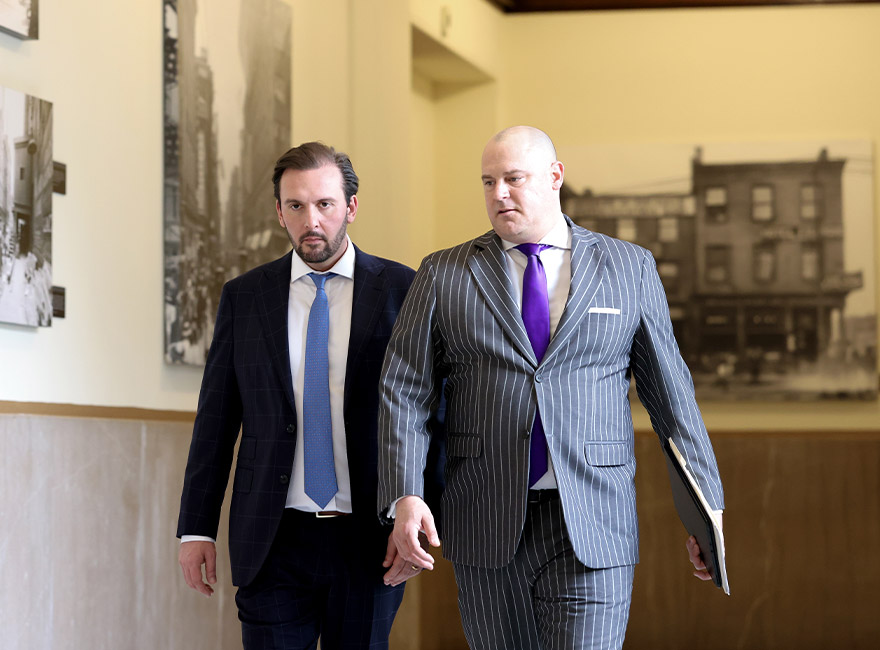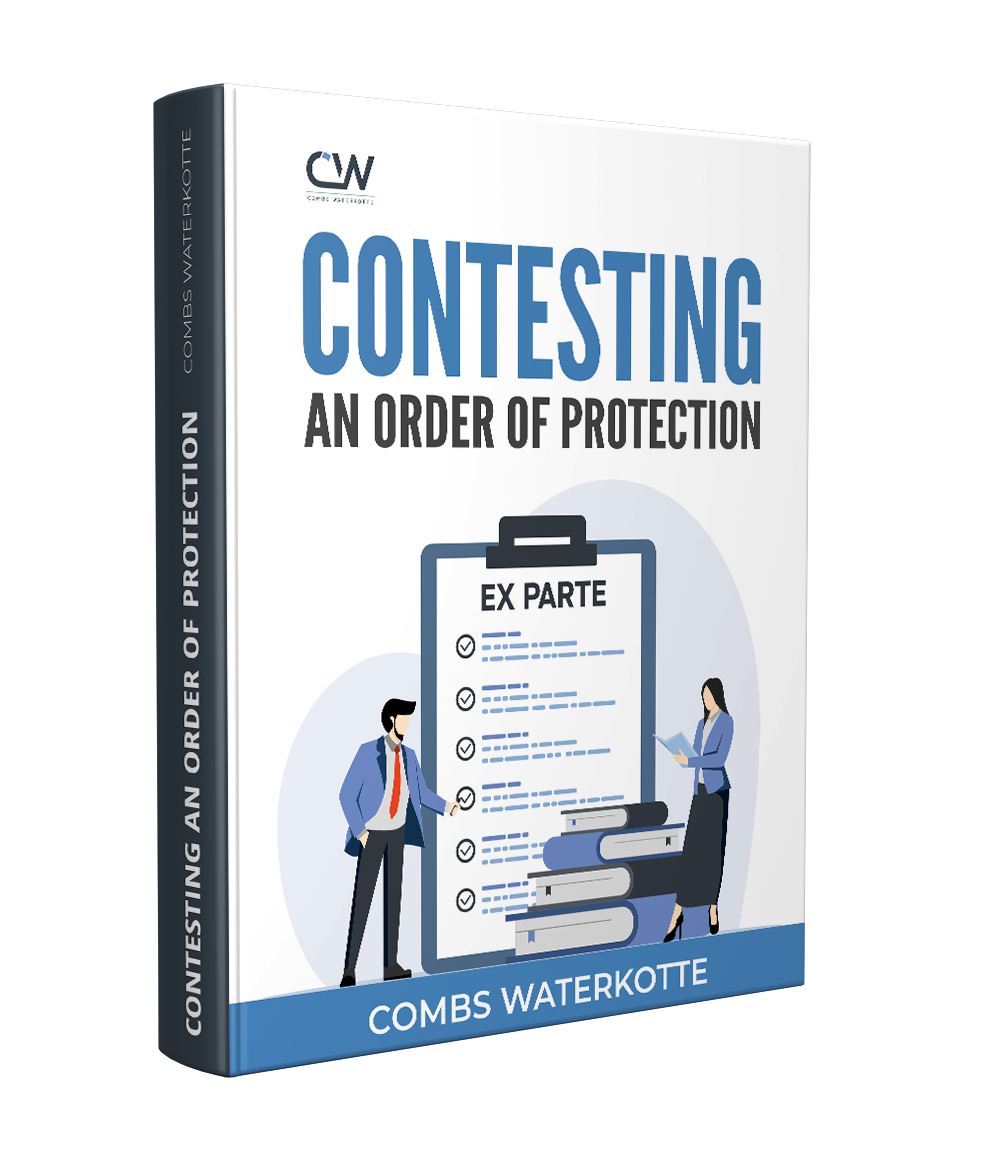Additional Links
- Criminal Lawyers With Payment Plans
- Missouri Criminal Defense Attorney
- White Collar Crimes Defense Attorney in Missouri
- Common Criminal Defense Strategies in Missouri
- Can I Lose My Job if Charged with a Crime?
- Missouri Criminal Court Process
- What to Do Before You Turn Yourself In
- Can Criminal Charges Be Dropped?
- Legal Books

Money Laundering Lawyer in St. Louis, MO
Money laundering laws punish people for hiding the source of ill-gotten gains. However, they can also trip up unsuspecting businesses and individuals who structure financial transactions improperly.
The attorneys at Combs Waterkotte have helped clients facing criminal charges for over 50 years. We can tailor a criminal defense strategy to your specific situation and the facts of your case to protect your rights and pursue a positive outcome.
Call a Combs Waterkotte money laundering defense lawyer now at (314) 900-HELP or contact us online for a free, confidential consultation.

What Is Money Laundering?
U.S. and Missouri state laws criminalize certain types of financial transactions because they may be used to do the following:
- Facilitate the commission of crimes
- Frustrate criminal investigations
- Conceal the source of money, cryptocurrency, and securities
- Allow people to spend illegally acquired cash
For example, suppose that someone is involved in drug trafficking. Carrying a large stack of cash into the bank looks suspicious if the person wants to use the financial system. Instead, they might give the money to a business that returns it in the form of a paycheck. This process is known as laundering money.
By banning certain financial activities, money laundering laws increase the difficulties criminals face when acquiring or using their money. These laws also give the government a new angle for attacking criminal enterprises — going after the money itself.
Laws Against Money Laundering in St. Louis, MO
Missouri Money Laundering Statute
The Missouri anti-money laundering statute, RSMo § 574.105, prohibits conducting or attempting financial transactions for the purpose of:
- Promoting or aiding criminal activity
- Concealing the nature, location, source, ownership, or control of criminal activity proceeds
- Avoiding federal financial transaction reporting requirements
- Furthering a terrorist threat or act
In 2022, Missouri updated the law to include cryptocurrencies in the definition of monetary instruments. Transactions can include purchases, sales, loans, deposits, wire transfers, and more.
Importantly, “structuring” a transaction to avoid financial reporting requirements is money laundering — even if the money is otherwise legal.
Federal Money Laundering Statute
Federal law prohibits financial transactions involving unlawful proceeds with intent to:
- Promote criminal activity
- Violate the tax code
- Conceal the source of funds
- Avoid reporting requirements
This law covers activities such as bribery, bank fraud, terrorism, trafficking, and many more federal crimes.
Criminal Activity Forfeiture Act
The Missouri Criminal Activity Forfeiture Act (CAFA) allows authorities to seize any property used or derived from criminal activity. This means laundered property can be legally confiscated by the state.

Possible Defenses Against Money Laundering Charges in St. Louis
Your skilled Combs Waterkotte St. Louis money laundering defense lawyer will tailor a defense to your situation. Possible strategies include:
Alibi
We can present evidence proving you didn’t commit the crime—including documentation or witnesses showing you weren’t involved in the alleged transactions.
Lack of Knowledge or Intent
Missouri law requires proof that you acted purposely. If you unknowingly handled illicit funds—such as acting as a third party in a legitimate transaction—we may argue that you lacked the intent necessary for a conviction.
Innocent Business Involvement
You may have facilitated a transaction in your professional role (e.g., as a realtor or accountant) without knowledge of criminal activity. In this case, you may also keep commissions or fees earned legally under CAFA.
Possible Penalties for Money Laundering in St. Louis, MO
| Charge | Missouri Law | Federal Law |
|---|---|---|
| Fine | The greater of $500,000 or 2x the laundered property’s value | The greater of $500,000 or 2x the laundered property’s value |
| Imprisonment | 5–15 years in prison | Up to 20 years in prison |
| Civil Forfeiture | Any property used or derived from criminal activity | The greater of $10,000 or the laundered property’s value |
| Other Penalties | Must disclose conviction on banking/mortgage license applications | None |































